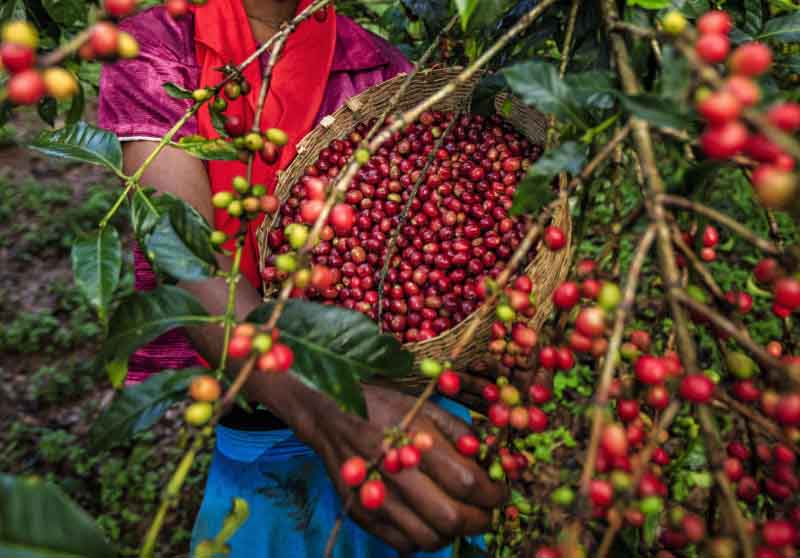×
The Standard e-Paper
Home To Bold Columnists

Young African woman collecting coffee berries from a coffee plant, Africa. [Courtesy]
Farmers are likely to earn impressive returns despite the world coffee production shortfall of 14 million bags as demand in the global market is on the rise, a marketer said yesterday.